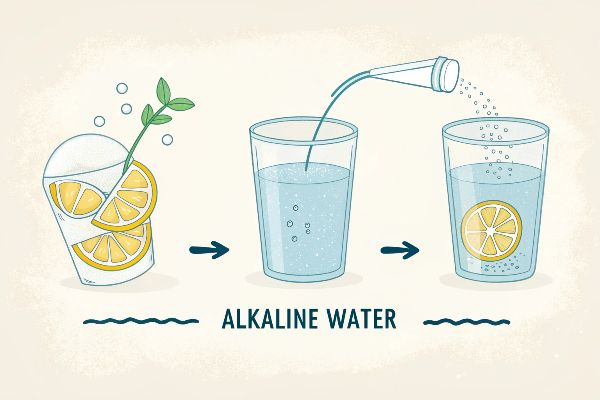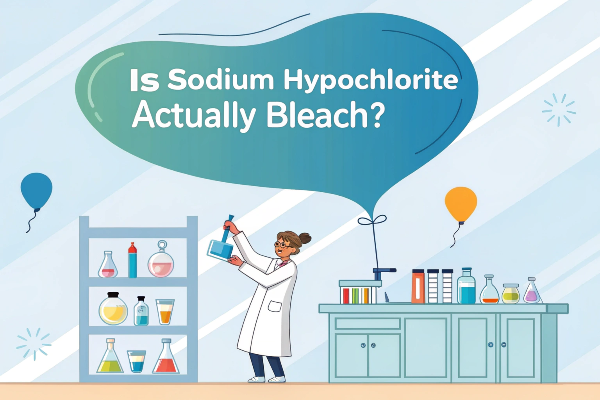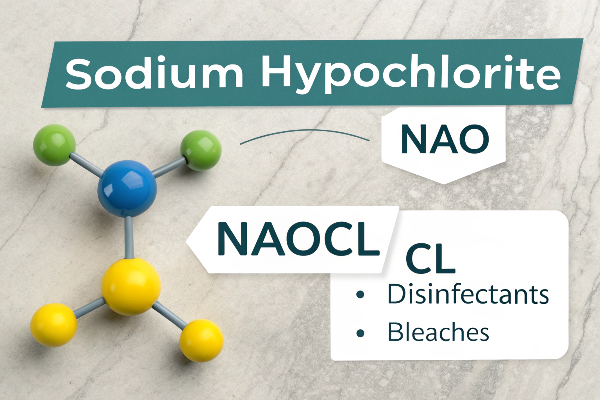Struggling to find a reliable anode for your water electrolysis system? Tired of frequent replacements and high maintenance costs? You’re not alone. Many electrochemical engineers and water treatment equipment owners face the same challenges.
Yes, titanium anodes are an excellent choice for water electrolysis due to their exceptional corrosion resistance, conductivity, and long lifespan. They offer superior performance compared to traditional anode materials.
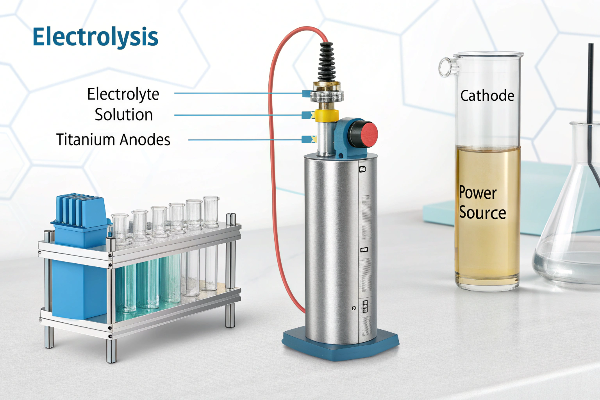
But there’s more to the story than just a simple "yes." Let’s dive into the details to understand why titanium anodes are becoming the preferred choice for many in the industry, and how Xuboti, my company, is pushing the boundaries of this technology.
Can Titanium Be Used as an Anode?
Facing constant corrosion and degradation of your anodes? Is it leading to reduced efficiency and increased operational costs? It’s a common problem in many electrochemical applications.
Yes, titanium is an excellent material for anodes, especially when coated with precious metal oxides. This enhances its conductivity and provides unparalleled corrosion resistance1.
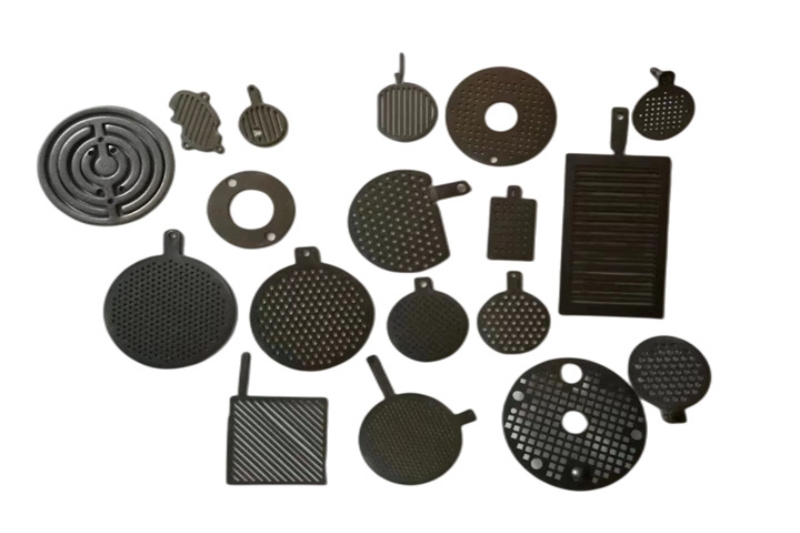
Diving Deeper into Titanium’s Anodic Capabilities
Titanium, by itself, is already a highly corrosion-resistant metal. However, it’s the specialized coating that truly unlocks its potential as an anode. Let me explain using a basic table.
| Feature | Bare Titanium | Coated Titanium (MMO) |
|---|---|---|
| Corrosion Resistance | High | Extremely High |
| Conductivity | Moderate | High |
| Overpotential | High | Low |
| Lifespan | Good | Excellent |
As you can see, the coating (typically a Mixed Metal Oxide1 or MMO, containing elements like iridium, ruthenium, or platinum) dramatically improves the performance characteristics of the titanium anode. At Xuboti, we utilize cutting-edge coating techniques to ensure maximum efficiency and longevity. My personal experience working with titanium anodes has confirmed its value first hand.
What is the Anode Material Used in Electrolysis of Water?
Confused about the different anode options available for water electrolysis? Overwhelmed by the technical jargon and varying performance claims? Choosing the right material is crucial.
Common anode materials include platinum, graphite2, and titanium-based anodes3 (often coated with MMOs). Titanium-based anodes are increasingly favored for their balance of performance and cost.

A Closer Look at Anode Material Choices
Let’s compare some common anode materials to highlight the benefits of titanium:
| Material | Pros | Cons |
|---|---|---|
| Platinum | Excellent conductivity, very low overpotential | Extremely expensive |
| Graphite | Relatively inexpensive | Lower conductivity, prone to degradation and contamination |
| Titanium (MMO Coated) | High corrosion resistance, good conductivity, long lifespan, cost effective | Slightly higher overpotential than platinum |
I’ve seen firsthand how graphite anodes degrade over time, leading to increased energy consumption and the need for frequent replacements. This is why, at Xuboti, we focus exclusively on titanium-based anodes, ensuring our clients receive a superior product.
Can Titanium Be Used in Water?
Concerned about the long-term effects of water exposure on your anode material? Wondering if titanium can withstand the harsh conditions of your specific application? It’s a valid question.
Absolutely, titanium can be used in water4. It forms a passive oxide layer that protects it from corrosion, making it suitable for various aqueous environments, including seawater and wastewater.

"titanium in water")
Titanium’s Resistance to Aqueous Environments:
Titanium’s natural ability to form a protective oxide layer is key to its success in water. This isn’t just theoretical; it’s proven in real-world applications:
- Seawater Applications: Titanium is widely used in desalination plants and marine environments due to its resistance to chloride corrosion.
- Wastewater Treatment: Titanium anodes can handle the complex chemical mixtures found in wastewater, providing long-lasting performance.
- Pure Water Systems: Even in ultrapure water systems, titanium’s inertness prevents contamination.
We, at Xuboti, located in China, have supplied titanium anodes to clients in Europe, North America, Japan, South Korea, Canada, Australia, Brazil, and South Africa, all with varying water conditions, and the results have been consistently excellent.
What is the Best Material for Electrolysis Anode?
Are you searching for the "best" anode material, one that will maximize your electrolysis efficiency and minimize your long-term costs? It is essential to know your best choice.
For water electrolysis, MMO-coated titanium anodes offer the best combination of efficiency, durabilit, and cost-effectiveness5, making them a superior choice over traditional materials like graphite or even pure platinum in many cases.
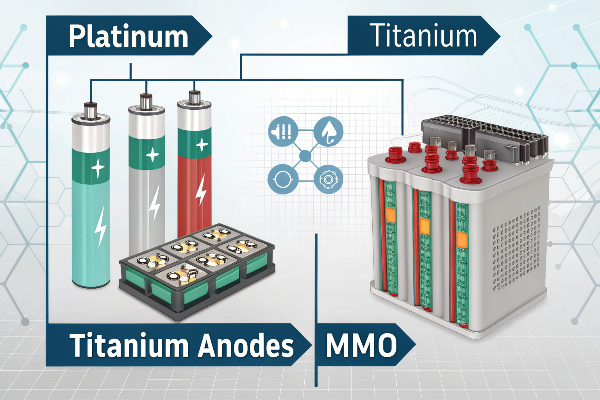
Defining "Best": A Multi-Faceted Approach
The "best" material isn’t a one-size-fits-all answer. It depends on your specific needs:
- Cost: Titanium anodes are significantly more affordable than platinum.
- Performance: While platinum has a slight edge in overpotential, MMO-coated titanium anodes3 are very close, and offer much better durability than graphite.
- Longevity: Titanium’s corrosion resistance6 translates to a longer lifespan, reducing replacement costs.
- Customizability: We can adjust the shape, size, and even coating materials.
At Xuboti, with our 5 production lines and 50 engineers, we can customize our titanium anodes to your specific requirements, offering a MOQ of just 1 piece and a 7-day fast delivery. We understand the importance of quick turnaround, and that is one of the key things our clients like Victor, a Technical Manager from Canada, are looking for.
What is the Best Material for Water Electrolysis?
Seeking optimal efficiency in your water electrolysis process? Aiming to minimize energy consumption and maximize hydrogen/oxygen production? Material selection is paramount.
For water electrolysis, MMO-coated titanium anodes offer the best combination of efficiency, durability, and cost-effectiveness, making them a superior choice over traditional materials like graphite or even pure platinum in many cases.
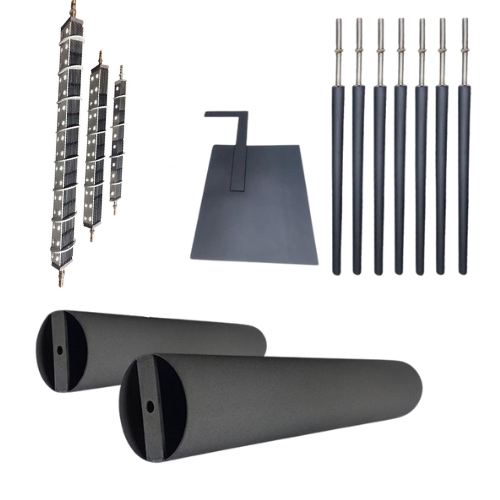
Why MMO-Coated Titanium Shines in Water Electrolysis
Let’s break down the key reasons:
- High Catalytic Efficiency7: The MMO coating, often containing iridium and ruthenium oxides, significantly lowers the overpotential for oxygen evolution, a crucial reaction in water electrolysis.
- Cost-Effectiveness: Compared to pure platinum, titanium-based anodes offer a much more economical solution without sacrificing significant performance.
- Long-Term Stability8: The exceptional corrosion resistance of titanium ensures consistent performance over extended periods, reducing downtime and maintenance.
- Environmental consideration:Our titanium anodes will not release any pollutant to the water.
This is why, at Xuboti, we are committed to providing top-quality, customizable titanium anodes. We understand the needs of our clients, who are often electrochemical engineers or water treatment equipment owners, and we strive to deliver solutions that exceed their expectations.
Conclusion
Titanium anodes, especially those with MMO coatings, offer a compelling solution for water electrolysis. Their combination of corrosion resistance, conductivity, longevity, and cost-effectiveness makes them a superior choice for many applications. As the founder of Xuboti, I’m proud to be at the forefront of this technology, providing our clients with reliable and high-performance solutions.
-
Learn about MMO coatings to discover how they can significantly boost the performance of titanium anodes in your projects. ↩ ↩
-
Discover the limitations of graphite anodes, including degradation issues, to evaluate alternative materials for your projects. ↩
-
Explore the benefits of titanium-based anodes, including performance and cost-effectiveness, to make informed choices for your electrolysis needs. ↩ ↩
-
Explore how titanium’s unique properties make it suitable for various water environments, ensuring durability and resistance to corrosion. ↩
-
Understanding cost-effectiveness can help you make informed decisions about anode materials, optimizing your budget and performance. ↩
-
Learn why corrosion resistance is crucial for the longevity and efficiency of electrolysis anodes, ensuring better performance over time. ↩
-
Understanding High Catalytic Efficiency can enhance your knowledge of water electrolysis and its applications. ↩
-
Exploring Long-Term Stability will provide insights into the durability and reliability of electrolysis systems. ↩



